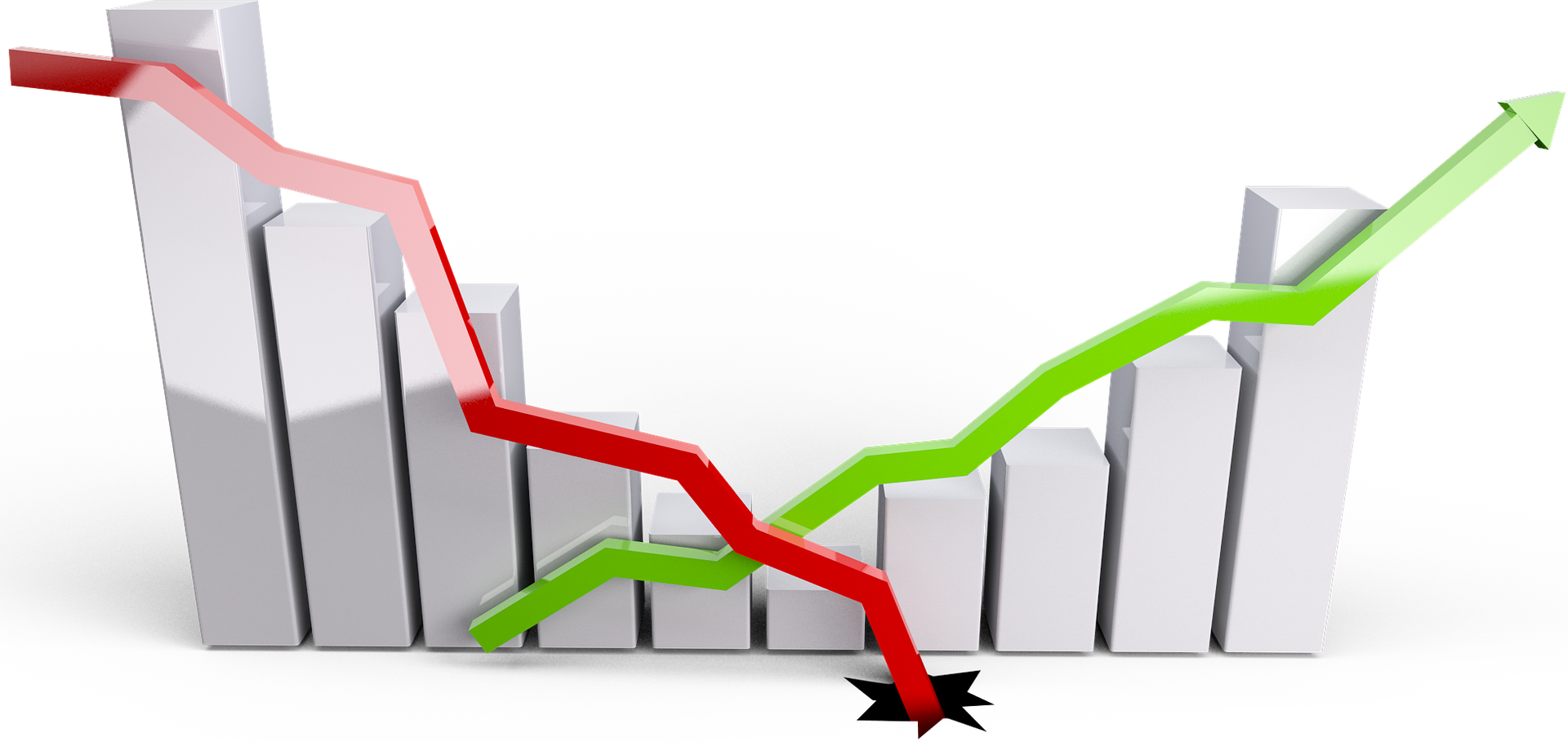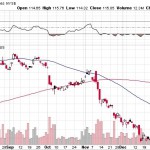
It is fair to say that the decade hasn’t gotten off to the greatest start. Beginning with China alerting authorities of an unknown virus, no one would have been able to foresee how this virus would end up impacting on the economies of the world and the state of Forex Trading. When the World Health Organisation (WHO) declared the recently named “novel coronavirus” a global emergency in late January, it became scarily apparent that the ramifications would be felt around the world, not just in China. The director of WHO, Tedros Adhanom, clarified that the emergency was now to be considered global “because of what is happening in other countries.”
Impact Among Countries
Being ground zero of the virus, it was expected that China would experience a considerable drop in the market. In addition to the decline in the strength of their currency, they have seen a spark in volatility. Another country which has seen its economy be badly hit is Australia. Whilst it is managing quite well with the virus itself and maintaining a low amount of cases and deaths, its economy is experiencing extreme volatility and has seen a 17-year low, with the AUD/USD dropping to 0.57 which is a bigger drop than in the worst days of the Global Financial Crisis. One of the main reasons for Australia’s issues is the fact that it relies on China as its biggest trade partner. The charts below illustrate the recent volatility of the Chinese and Australian currencies.
Europe has been hit hard by the virus, causing severe impact on their local bourses and currency prices. The EUR/USD has mainly experienced a downward trends since the arrival of the coronavirus. Despite efforts by the European Central Bank to repair their disrupted economies, the US dollar is seeing more investment than the Euro.
The United Kingdom has seen a decrease in the value of its currency. Their approach to the novel virus, more specifically their delayed reaction, has caused much doubt amongst both its citizens and investors around the world about the foreseeable strength of the UK market. Compounded with the ongoing ambiguities regarding Brexit, the Pound Sterling saw a steady decrease throughout March. However, their belated approach did help avoid volatility in the early stages of the virus.
Despite becoming the new epicentre for the virus, the United Stated Dollar has actually seen an increase in strength. This is mainly due to the fact it is considered the world’s reserve currency. Investors are still willing to place their trust in the USD for this reason, even if their economy has taken a hit. The USD for this reason is always considered a safe-haven for traders during crises such as the current coronavirus pandemic.
What does this mean for traders?
While the US dollar seems an obvious choice to invest in, it is still experiencing an unusual level of volatility. Its current strength may not be able to withstand the devastating effects the coronavirus is having on US healthcare and financial systems. The future timeline of the virus will be difficult to determine.
The current state of forex trading is quite challenging. It can be difficult to predict the peaks and troughs of exchange markets during these times of high volatility. However, this does not mean that one cannot trade effectively. As news about the virus continues to develop and the state of the world is changing at such a rapid pace, it is imperative to be cautious when trading. Conducting research and making sure to stay on top of the latest developments will allow traders to be more confident with their investments.
Justin Grossbard is a Co-Founder of Compare Forex Brokers, a business that guides Forex traders with tips and trips on how to select the right broker and platform for them.
 International ETFs
International ETFs What Do Traders Look for with Gold?
What Do Traders Look for with Gold? Follow an Investment Strategy
Follow an Investment Strategy
